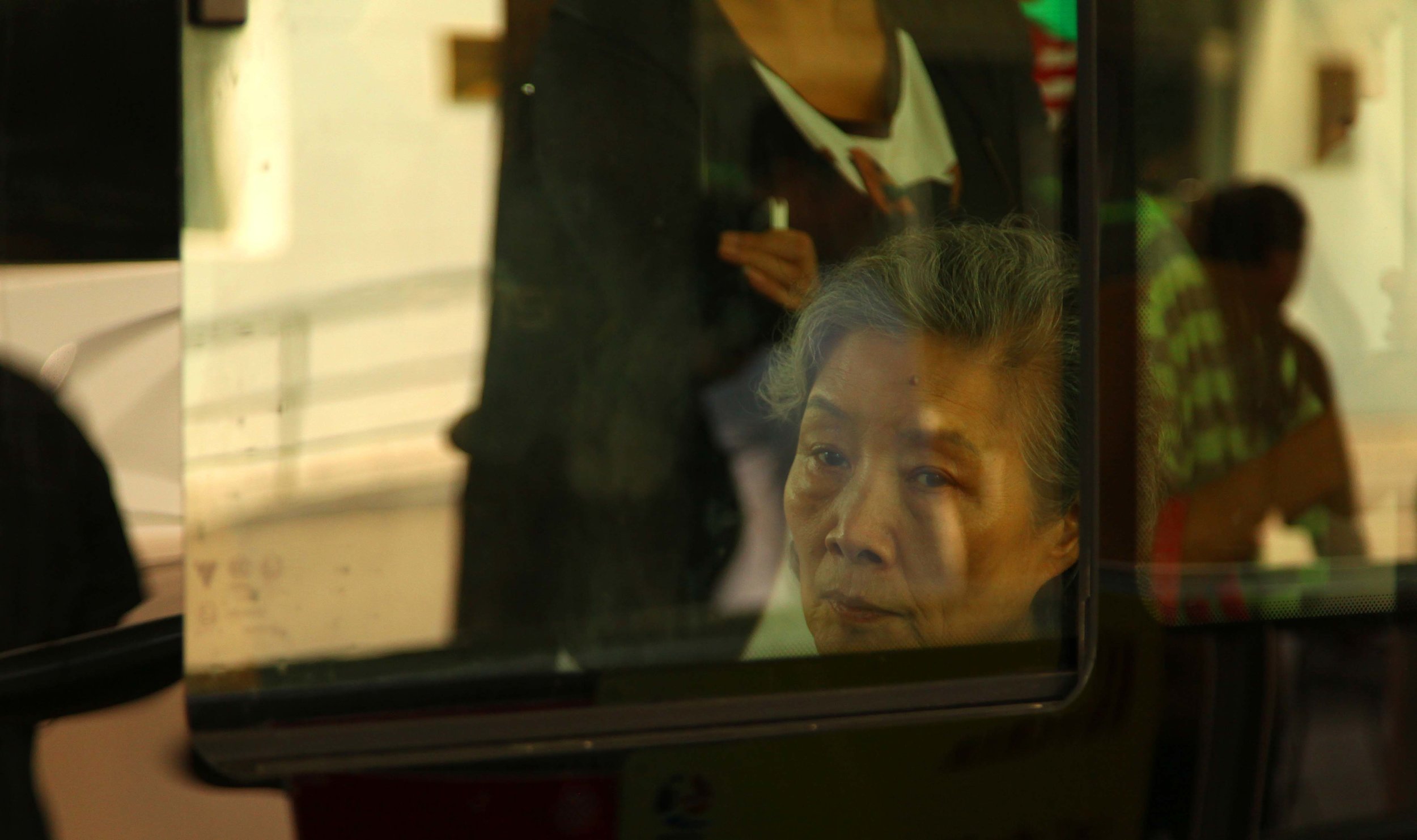Wang Xiaoshuai
Red Amnesia, Wang Xiaoshuai (2014)
Wang Xiaoshuai is among the most prominent voices of contemporary Chinese cinema, specifically the Sixth Generation— an underground film movement that emerged in China post-1990s amid Tiananmen Square demonstrations, state censorship policies, and a lack of funding for the arts. Through neorealist techniques, Sixth Generation films evoke qualities of contemporary urban life: disorientation, rebellion and dissatisfaction with China’s social tensions.
Wang Xiaoshuai’s films have won the Jury Prize at Cannes and both the Grand Jury Prize and Silver Bear for Best Screenplay at Berlinale. His Venice competition entry Red Amnesia serves as the final installment of a trilogy that examines the way in which China’s Cultural Revolution impacted different generations at discrete moments in time.
In an exclusive interview with Filmatique, Wang Xiaoshuai discusses themes of his latest work— a generation’s neglect of societal changes, homosexuality in China and the ability of cinema to deliver more effective questions than answers.
//
Red Amnesia, Wang Xiaoshuai (2014)
FILMATIQUE: Red Amnesia is portrait of a cultural amnesia, specific to a certain generation of Chinese society. How do you believe the different generations engage with the cultural and political reality of China's not-so-recent past?
WANG XIAOSHUAI: Red Amnesia, as the name suggests, is cultural amnesia about the red revolution. China is widely regarded as a red country. But great changes in society can fundamentally confuse people. What are the differences between the China a few decades ago and now? And what remains the same? For these questions in history, entire communities chooses to ignore, to forget, leading most of us to neglect societal changes.
Whether aware of it or not, the main character Laodeng and her contemporaries grew up in a highly politicalized environment— they even have a common personality called ‘relief ego-consciousness.’ How they review and define their life and personal attitudes from that specific historical stage becomes a serious problem as society changes. It’s worth studying how history and politics affected their generation, since they lived in an era that encouraged people to forget the past and pay attention only to the reality at hand.
FLMTQ: What are the key issues that occupy Deng's generation? That of her sons'? What are their common coping practices?
WX: Laodeng’s generation experienced the entire social progression from 1949 to the present. Before the 1980s, China’s social and political environment was totally different: this generation formed ideas in their adolescence and middle age, then were forced to confront a new society later in life— one in which ego and individuality are emphasized. However, Laodeng’s generation has a fundamental lack of ego-consciousness. Issues such as their offspring are just some external problem to be handled. The key issue, therefore, is how to adjust to and confront the great contrast between society’s generations.
Red Amnesia, Wang Xiaoshuai (2014)
FLMTQ: Do you believe that cinema can exist as a coping practice in its own right?
WX: It’s fundamental that cinema raises questions based on reality. But it’s hard to say whether it can answer them.
Problems can be coped with in many ways. Take Laodeng in Red Amnesia as an example: she hides at first, and then gradually confronts her problems and responds. Yet Red Amnesia doesn’t tell the audience whether she solves them in the end. The film reflects— are individuals just the victims of politics? Or shall we dig into ourselves? In fact, we may find out that we are enforcers of social events to some extent. Are we involved in a situation as Laodeng is, in contemporary China? Is this film a reminder? How can we cope with social problems more effectively? What kind of role does the community demand the individual to play— what role does the individual demand of himself? These questions will always be important.
Red Amnesia, Wang Xiaoshuai (2014)




